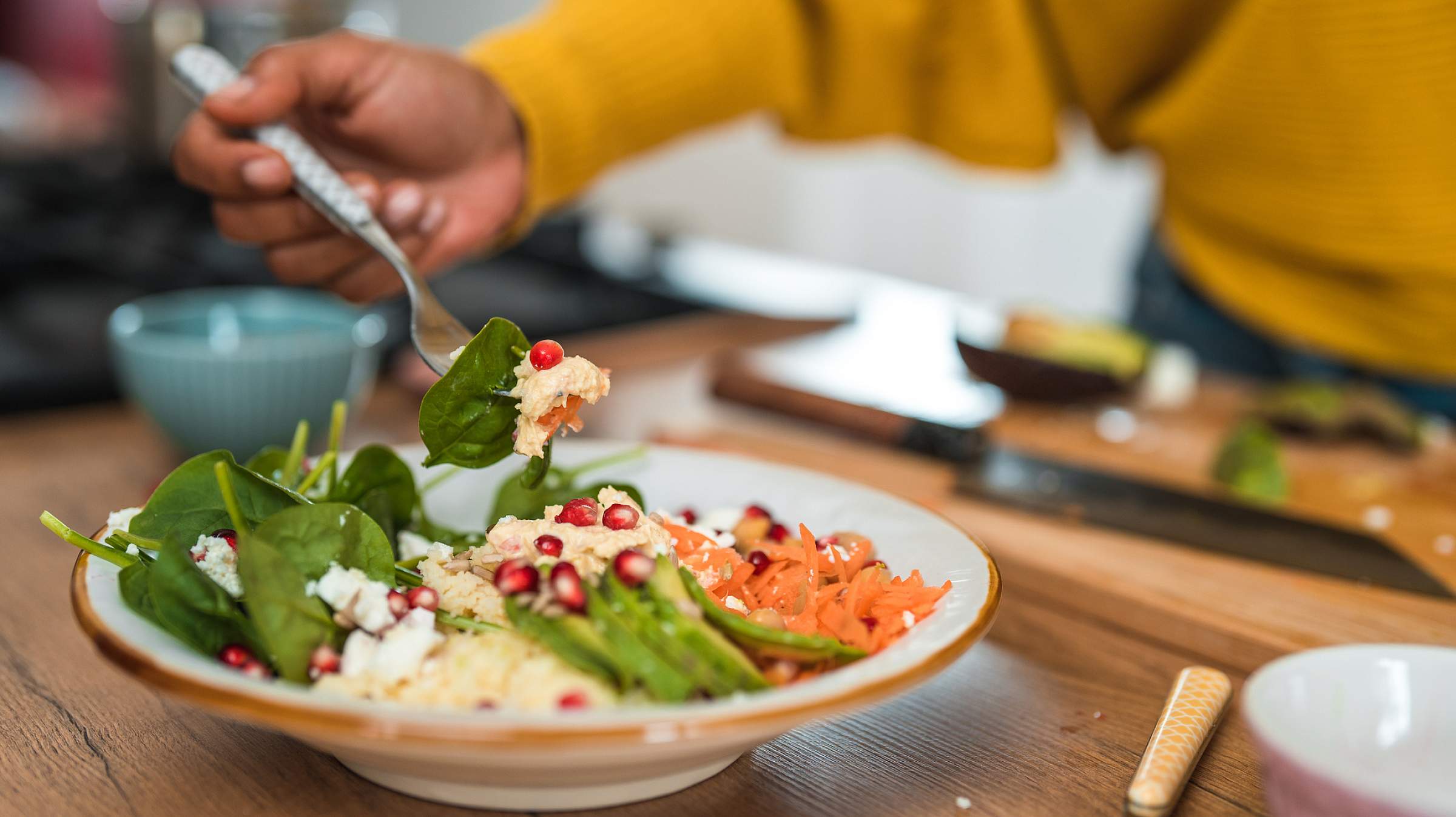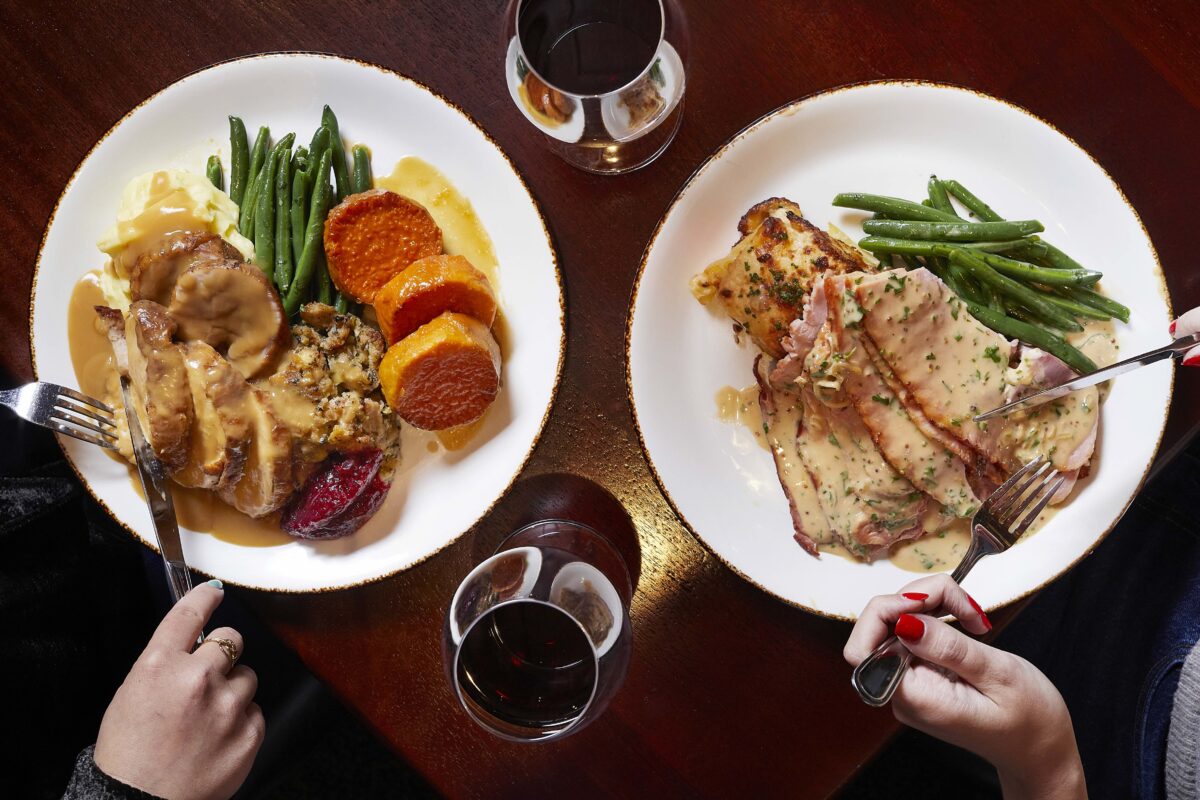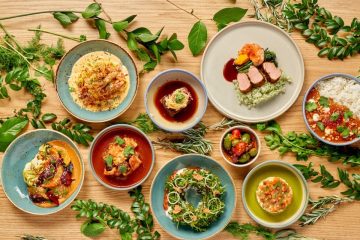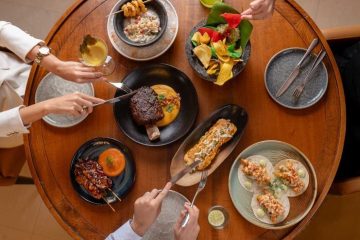The Joy of Eating: How Food and Recreation Bring People Together

Food is far more than fuel—it’s an experience, a form of recreation, and a universal language that connects people across cultures. Whether it’s a family barbecue, a picnic in the park, or a weekend food festival, eating for pleasure has become one of the most beloved recreational activities around the world.
In recent years, the boundaries between food, leisure, and culture have blurred. Dining is no longer just about satisfying hunger; it’s about discovery, creativity, and connection. From culinary tourism to home cooking challenges, the world of recreational food is expanding—and it’s deliciously diverse.
This article explores how food has evolved into a form of recreation, why it matters for mental and physical health, and how people everywhere are finding joy and balance through the act of eating and cooking.
1. Food as an Experience, Not Just a Meal
In the past, eating was primarily a necessity. Today, it’s an experience—an art form that engages all the senses. The aroma of freshly baked bread, the vibrant colors of a Mediterranean salad, or the crunch of perfectly fried tempura—all of these transform food into something memorable.
Restaurants have embraced this shift by offering immersive dining experiences. Some focus on farm-to-table concepts, where diners can see how their food is sourced. Others experiment with molecular gastronomy, turning meals into scientific wonders with foam textures and edible vapors.
Even simple meals are now enjoyed with a sense of occasion. People document their dishes on social media, share recipes, and treat cooking as both a creative outlet and a form of relaxation. Food has become a celebration, not just a chore.
2. The Rise of Culinary Tourism
Travel and food have always been intertwined, but in the 21st century, culinary tourism has emerged as a defining trend in recreation. Travelers now plan entire vacations around tasting local specialties and exploring authentic food markets.
Imagine savoring handmade pasta in Italy, sampling sushi in Japan, or exploring the spice bazaars of Morocco. Food becomes the gateway to culture—it tells the story of a place, its history, and its people.
Cooking classes, food festivals, and vineyard tours are now standard recreational experiences. Tourists no longer want to just visit a destination—they want to taste it.
Culinary tourism also supports local economies by promoting regional cuisine, traditional farming, and small-scale producers. Every meal becomes an act of cultural exchange and sustainability.
3. Cooking as a Form of Recreation and Therapy
For many, cooking isn’t just a daily task—it’s a hobby and a source of relaxation. The simple act of preparing a meal engages creativity, focus, and mindfulness.
Psychologists refer to this as “culinary therapy”, a practice where cooking helps reduce stress and improve mental well-being. Measuring ingredients, kneading dough, or experimenting with flavors can be meditative, providing a sense of accomplishment and comfort.
During the pandemic, this trend grew significantly. People discovered that spending time in the kitchen brought joy and stability during uncertain times. The popularity of home baking, sourdough bread, and “quarantine recipes” reflected a return to slow, mindful living.
Cooking also encourages social recreation—families cooking together, friends hosting dinner parties, or couples trying new recipes. It strengthens relationships while nourishing both body and soul.

4. Food Festivals: A Celebration of Culture and Community
Food festivals are the ultimate example of how recreation and food unite communities. From local street food fairs to global culinary events, these festivals celebrate diversity and creativity.
In Spain, the La Tomatina festival transforms food into playful recreation with its famous tomato-throwing event. In Thailand, the Vegetarian Festival celebrates spiritual cleansing through plant-based dishes. Meanwhile, food trucks and pop-up kitchens are redefining local food scenes across the world, bringing gourmet flavors to everyday settings.
These gatherings are about more than eating—they’re about connection, culture, and fun. They promote inclusivity by bringing together people of all ages and backgrounds through one shared love: food.
5. The Health Benefits of Recreational Eating
While indulgence is part of the fun, recreational food experiences can also support well-being when approached mindfully.
Cooking at home allows control over ingredients, encouraging healthier choices and balanced nutrition. Sharing meals with loved ones promotes emotional wellness, reducing stress and loneliness. Studies even show that people who eat socially tend to have better digestion and lower stress levels than those who eat alone.
Exploring new cuisines can also improve your diet. Mediterranean, Asian, and plant-based recipes introduce a variety of nutrients and promote balanced eating. Recreation through food doesn’t have to mean overindulgence—it can be a way to nurture the body through variety and moderation.
6. Sustainable and Ethical Eating: Recreation with a Purpose
In today’s environmentally conscious world, many people are combining their love of food with a passion for sustainability. Eco-gastronomy—the idea of eating for pleasure while respecting the planet—is gaining momentum.
Recreational food experiences such as farm visits, organic cooking workshops, or “zero-waste” dining allow people to enjoy food responsibly. Urban gardens and community farms give individuals the chance to reconnect with nature while learning where their food comes from.
For many, sustainability adds meaning to the act of recreation. Choosing local produce, reducing food waste, and supporting ethical restaurants transform eating into an expression of care for the environment.
7. The Digital Influence: Social Media and Food Culture
The digital age has elevated food recreation to new heights. Platforms like Instagram, TikTok, and YouTube have turned dining into visual storytelling. Millions of users follow food bloggers, chefs, and content creators who share recipes, restaurant reviews, and cooking tutorials.
The term “foodie culture” has emerged to describe those who treat eating as an adventure. Social media not only inspires people to try new cuisines but also builds communities of like-minded enthusiasts around the globe.
However, this digital influence has its double edge—while it democratizes food discovery, it can also create unrealistic expectations or waste due to overemphasis on aesthetics. Balance and authenticity remain essential in truly enjoying the recreational side of food.
8. Global Fusion: The Future of Recreational Food
As cultures mix and global travel continues, culinary boundaries are disappearing. Fusion cuisine—where chefs blend ingredients and techniques from different regions—is a defining feature of modern recreational dining.
Dishes like sushi burritos, Korean tacos, and vegan burgers exemplify how creativity drives food recreation. People are no longer confined to their native cuisines—they explore and experiment freely.
In the future, technology will continue to shape the food experience. Virtual reality dining, AI-generated recipes, and personalized nutrition apps will redefine how we cook and eat for pleasure. The fusion of technology and gastronomy will make recreation through food even more immersive and exciting.
9. The Social Power of Sharing a Meal
No matter how much food trends evolve, one truth remains: sharing a meal brings people together. In every culture, food is a symbol of friendship, celebration, and unity.
Whether it’s a Sunday brunch, a potluck dinner, or a backyard barbecue, recreational eating creates bonds that go beyond taste. It reminds us that joy doesn’t just come from what’s on the plate—it comes from who we share it with.
In a fast-paced world, taking time to eat together is a simple but powerful act of connection and gratitude.

Conclusion
Recreation and food are inseparable. Together, they nourish the body, engage the senses, and strengthen communities. Whether through cooking, travel, festivals, or simple shared meals, food as recreation celebrates life itself.
In every bite, there’s culture, creativity, and connection. So the next time you cook a meal, try a new recipe, or dine out with friends—remember that you’re not just eating; you’re participating in one of humanity’s oldest and most joyful traditions: the art of enjoying food together.











